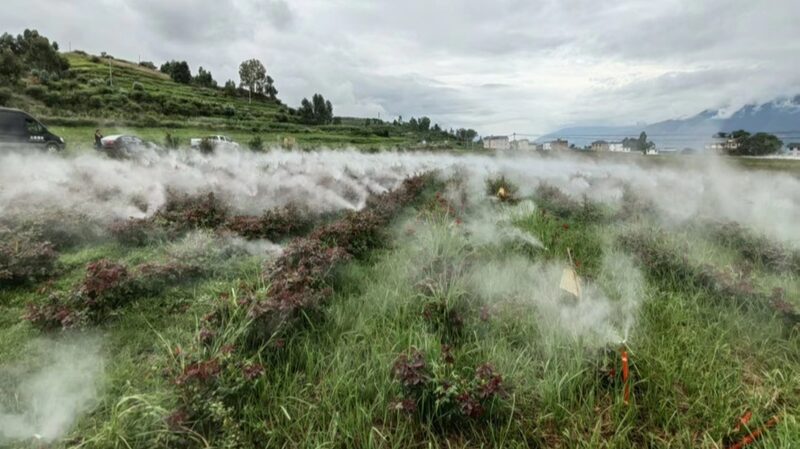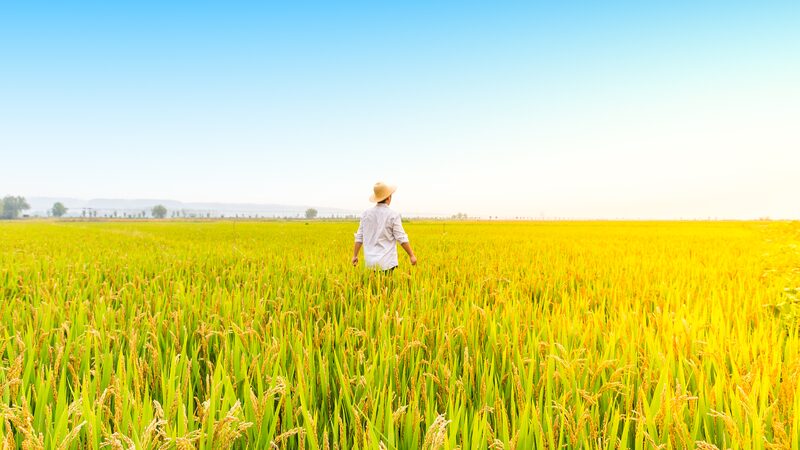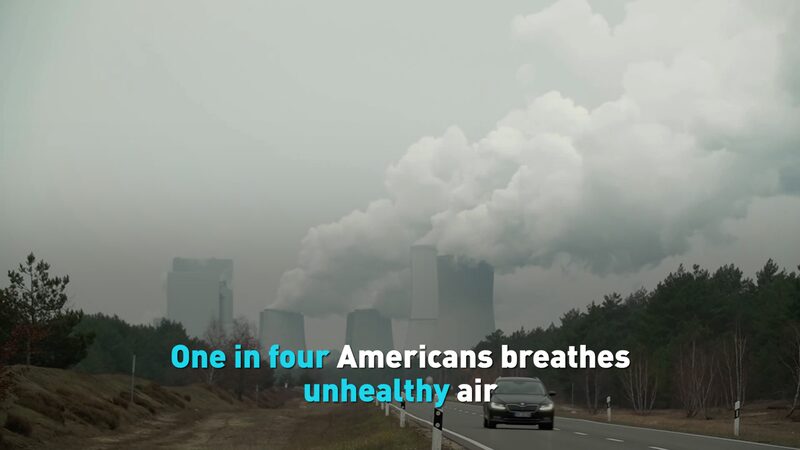🌍 On World Environment Day, we shine a light on the pressing challenges of drought, land degradation, and desertification that are severely impacting rural communities' livelihoods.
The UN estimates that globally, 24% of land is degrading, and droughts have increased in both frequency and severity by 29% since 2000, affecting 55 million people every year. From 2015 to 2019 alone, at least 100 million hectares of healthy and productive land were lost annually.
In China, climate change has been taking a heavy toll on its diverse landscapes. The loss of farmland is threatening smallholder farmers who rely heavily on agriculture for their income. Despite their critical role, smallholder farmers receive only 0.8% of global climate finance. They continue to face challenges in accessing markets and climate-smart agricultural practices, further exacerbated by economic vulnerabilities fueled by climate disasters.
Enter the International Fund for Agricultural Development (IFAD), a key player committed to supporting rural communities and addressing climate disparities. IFAD has pledged to achieve a 40% climate finance target across its portfolio in 2024, investing nearly $670 million in climate change adaptation and mitigation.
The Government of China is equally committed to building the resilience of vulnerable rural communities. Through its National Climate Change Adaptation Strategy 2035, China is accelerating actions to make its society and economy more resilient through research, capacity-building, and investment. The partnership between IFAD and the Chinese government is focused on ensuring that smallholder farmers are not left behind amid climate-related challenges.
As the IFAD's representative in China, Nii Quaye-Kumah, collaborates with the government to implement innovative, climate-smart agricultural practices in regions like Ningxia, Yunnan, Shaanxi, Sichuan, and Hunan—areas frequently hit by droughts and facing land degradation and desertification.
In Shaanxi, IFAD has supported the local government with a combination of physical improvements, institutional strengthening, technical assistance, and policy advisory to promote sustainable, climate-resilient, and safe agricultural and food production. Meanwhile, in Yunnan's Yongsheng and Huaping counties, IFAD is empowering local farmers with sustainable agriculture machinery such as mist sprinklers and pest control devices. These mist sprinklers enable large-scale spraying with just one person and can save 30-40% on water and pesticide usage, making them both efficient and environmentally friendly.
💪 Through these collaborative efforts, IFAD and the Chinese government are driving a sustainable and resilient future for rural communities, ensuring that smallholder farmers can thrive even in the face of climate adversity.
Reference(s):
cgtn.com






